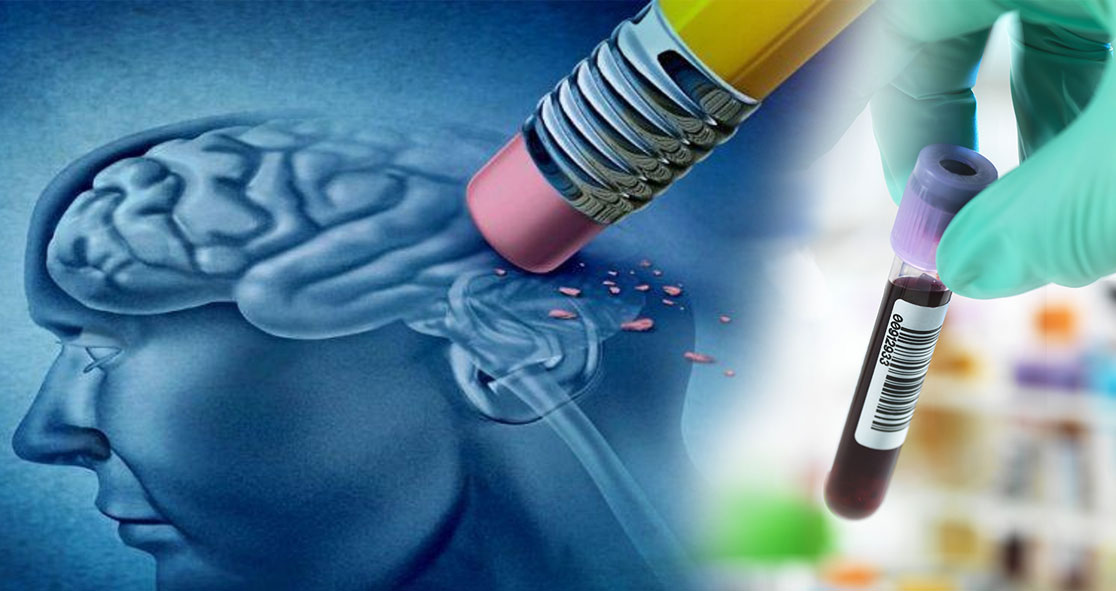Scientists at Washington University School of Medicine in St. Louis have developed a blood test that has been found highly accurate at detecting early signs of Alzheimer’s disease, according to Medical Xpress.
The study findings, published in the journal Neurology, provide further evidence that the blood test should be used for routine screening and diagnosis of Alzheimer’s.
Senior author Dr. Randall Bateman said, “Our study shows that the blood test provides a robust measure for detecting amyloid plaques associated with Alzheimer’s disease, even among patients not yet experiencing cognitive declines.”
“A blood test for Alzheimer’s provides a huge boost for Alzheimer’s research and diagnosis, drastically cutting the time and cost of identifying patients for clinical trials and spurring the development of new treatment options,” he added. “As new drugs become available, a blood test could determine who might benefit from treatment, including those at very early stages of the disease.”
Dr. Bateman and his team assessed the blood test to determine whether amyloid plaques have begun accumulating in the brain based on the ratio of the levels of the amyloid-beta proteins Aβ42 and Aβ40 in the blood, per Medical Xpress.
Researchers have been looking for a cheaper, easily accessible blood test to detect Alzheimer’s instead of using expensive brain scans and invasive spinal taps to assess the presence and progression of the disease within the brain.
Currently, Alzheimer’s is evaluated using PET brain scans that require a radioactive scan, which costs anywhere between $5,000 and $8,000 per scan. The disease is also evaluated using a cerebrospinal fluid (CSF) study that analyzes levels of amyloid-beta and tau protein. The CSF study costs about $1,000 but requires an invasive spinal tap process that could be unpleasant for some patients.
The current study estimates that prescreening with the blood test, which costs $500, could reduce the cost as well as the time it takes to enroll patients in trials that use PET scans.
The blood test, called Precivity AD, is marketed by C2N Diagnostics, which is a Washington University startup founded by Dr. Bateman and his colleague Dr. David Holtzman. Both Dr. Bateman and Dr. Holtzman are the inventors on the Precivity AD patent the university licensed to C2N.
The study has also shown that the blood test remains highly accurate, even when performed in different labs.
The researchers confirmed that the Aβ42/Aβ40 blood test using a high-precision immune-precipitation mass spectrometry technique developed at Washington University provides highly accurate and consistent results for both cognitively impaired and unimpaired individuals across all three studies, according to Medical Xpress.
When blood amyloid levels were combined with the presence of the gene variant APOE4 (another major Alzheimer’s risk factor), the authors found that the accuracy of the blood test was 88% when compared to brain imaging and 93% when compared to CSF study.
Dr. Bateman said, “These results suggest the test can be useful in identifying nonimpaired patients who may be at risk for future dementia, offering them the opportunity to get enrolled in clinical trials when early intervention has the potential to do the most good. A negative test result also could help doctors rule out Alzheimer’s in patients whose impairments may be related to some other health issue, disease or medication.”





















